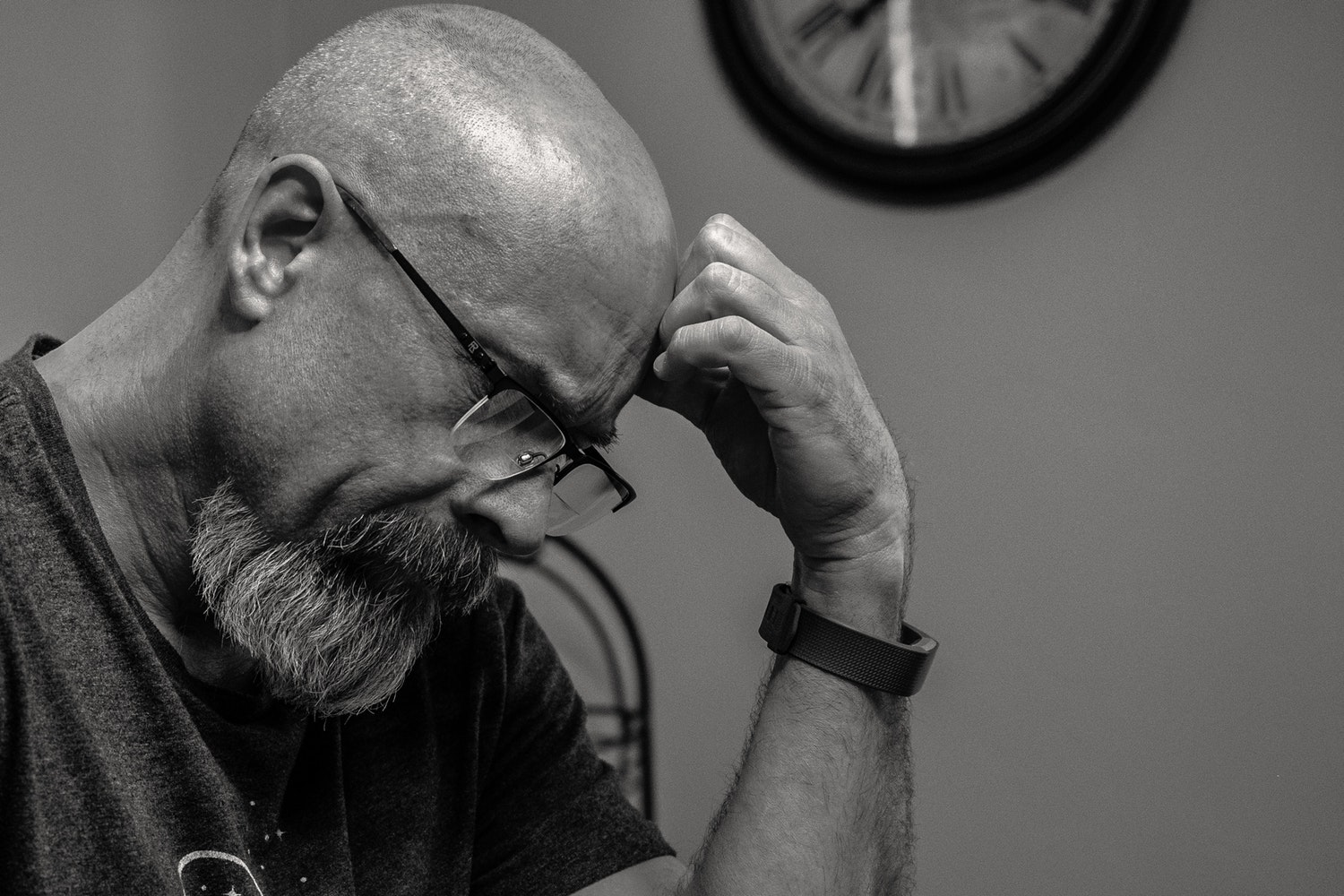As you know, the body has natural stress mechanisms that start firing as soon as the mind perceives some type of internal or external threat. But what was originally designed to be a system for protecting people from serious dangers – like a close encounter with a black bear or being tossed overboard in the middle of the Atlantic Ocean – is now overexposed to threats that, in reality, may not be so important.
Most of us don’t handle stress very well – and we’re getting worse about it. If you want to be healthy, both physically and mentally, this is something you have to get a grip on. Because whether you realize it or not, you can control how you respond to stressful situations in your life.
How Do You Handle Stress?
According to a study conducted by Michelle Gielan in partnership with Plasticity Labs, 91 percent of people can be better at dealing with stress. Her research found that, when a challenge strikes, our human response can typically be categorized into one of three specific dimensions:
- Cool under pressure. Some people are calm and collective, which gives the brain the opportunity to see a path forward. Other people instantly feel their body filling up with anxiety, worry, and stressful thoughts that overwhelm the brain’s ability to process.
- Open communicator. Some people share their struggles with others in a way that establishes strong social/supportive connections. Other people keep their issues to themselves and suffer in silence.
- Action problem solver. Some people face challenges head-on and are quick to develop a proactive response plan. Other people deny the reality of what’s going on and distract themselves with trivial things.
“In short, it’s what you think, say, and do that have the biggest impact on your well-being,” Gielan says. “By understanding our personal pitfalls when it comes to responding to problems, we can shift our thinking and behavior to respond better and pay less of an emotional cost after the stressful event is over.”
3 Ways to Better Respond to Stressful Situations
So much of our society is focused on preventing stressful situations from occurring, but is this really the best use of our energy and focus? Stressful situations are a part of life and, as Gielan’s research suggests, we’re better off working on ways to improve how we respond. Here are a few tips and techniques:
1. Treat Your Body Right
If you treat your body right and make healthy decisions regarding diet and exercise, you’ll be in a much better position to respond to stressful situations with patience and poise.
A healthy diet of natural foods (think fruits, vegetables, and lean meats) will provide the right balance of vitamins and nutrients to support both physical and cognitive function. You can also take a cortisol hormone balance supplement to support your ability to respond to stressful situations.
Exercise matters, too. Whether it’s lifting weights, running, or playing basketball, physical activity allows you to burn off energy and balance your hormones. It also prevents your mind from incessantly ruminating on your stress.
2. Think Before You Act
This one will save you more times than not. While some people tell you to act on natural instinct, this is poor advice. In most cases, you’re ill-equipped to act right away. By taking a deep breath and spending some time thinking about the situation, you can come up with a more appropriate response.
3. Communicate With Others
Communication is key to proper stress management. This is especially true if you naturally tend to internalize your stress and keep problems to yourself.
The simple act of communicating with others allows you to talk through your problems and gain insights from a new perspective. As a result, you’re able to work through the issue from multiple angles and find a better solution. (This is assuming you’re communicating with the right people. Seeking advice from the wrong sources can compound the problem.)
Your Responses Matter
You can’t always control the source of a stressful situation, but you can control your response. How you respond to stress will have a significant influence on your overall happiness and well-being. Take the time to develop tangible strategies and techniques for dealing with the challenges that life throws your way.


